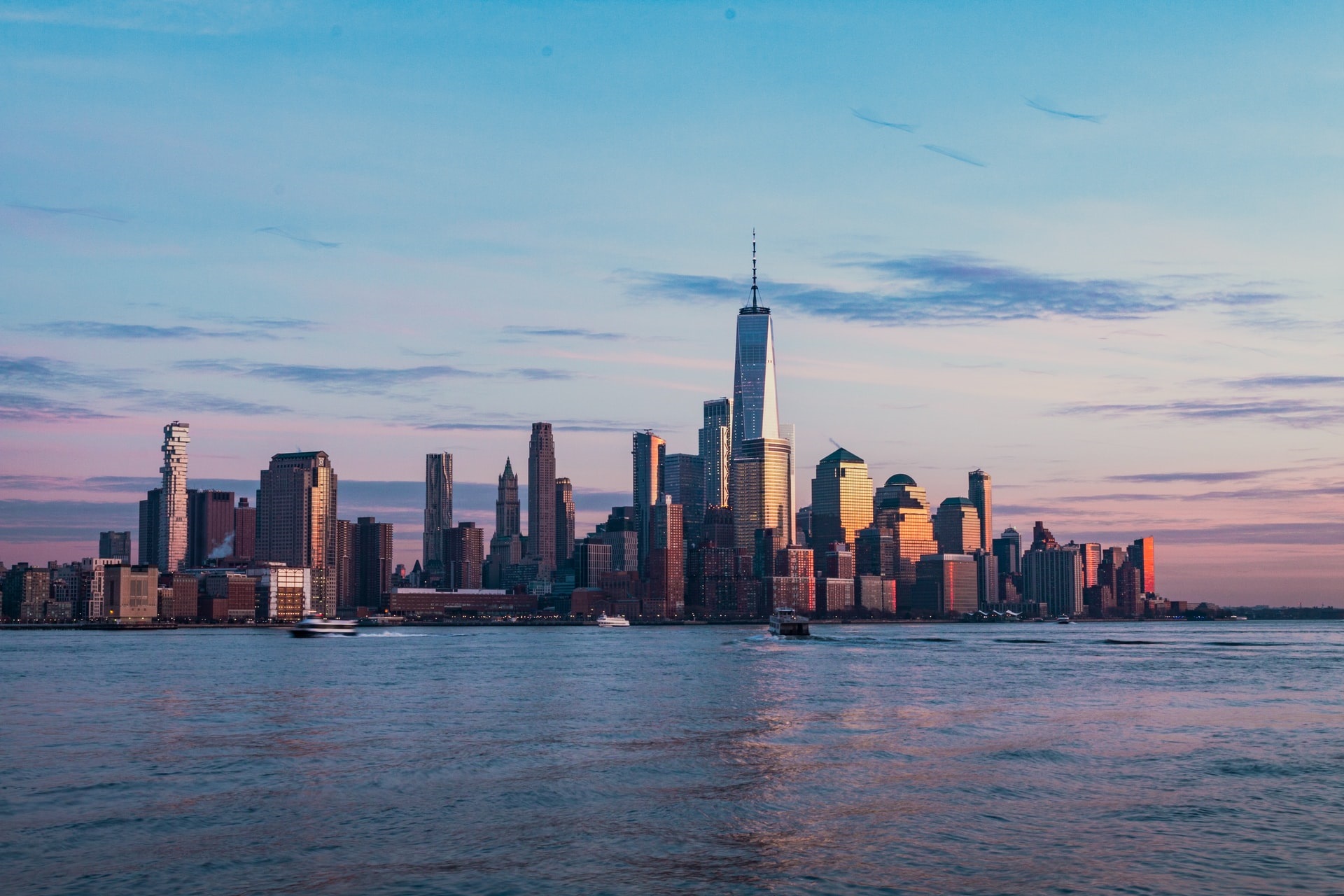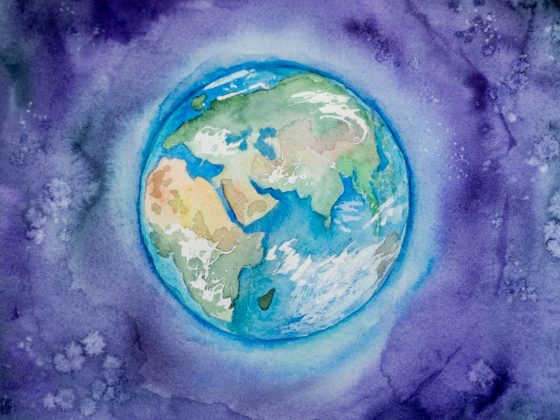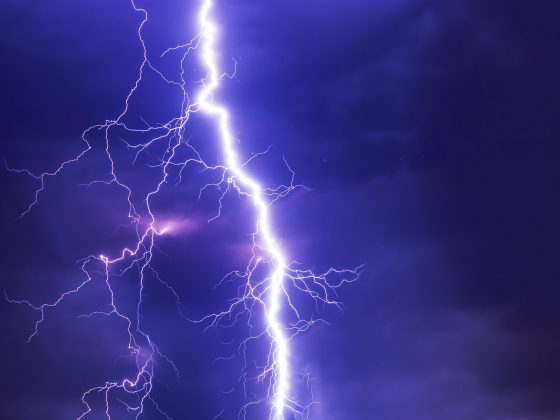American society is on the move. More than one in five US adults, 22% of the population, has relocated or knows someone likely to do so as a consequence of Covid-19’s socioeconomic impact, according to a recent study.
Silicon Valley companies like Google, Facebook, Twitter and others have sent their employees to work from home, making their physical proximity to the workplace irrelevant. High rents and safety concerns are the main reasons for considering relocation in many communities, marking a trend to abandon the city for rural areas. Does this indicate a step backward? No, simple life is moving forward.
Mobility is a US characteristic. According to data from the U.S. Census Bureau, on average, Americans change their place of residence no less than 11 times during their lives, mainly pursuing better job opportunities. But relocation due to the pandemic has a peculiar characteristic—it is a true move back to basics. Residents in urban areas are increasingly abandoning the stressful and expensive big cities to settle in the quiet and pastoral countryside, a noticeable trend in America and Europe.
“Little by little, we are realizing that there is no going back, only forward to a more global world where the boundaries between us are vanishing.”
Decades ago, people flocked from farms and villages to the big cities expecting to fulfill their dreams of progress and upward mobility. Today, businesses are closing and those still employed are changing their work patterns from activities in the physical workplace to remote engagement. So, what now is the benefit of living in the urban areas? None. The pandemic is transforming our lifestyle for good. We will realize more and more how adapting to a more virtual environment is a positive thing.
When the population is more scattered and evenly dispersed, everyone benefits—the ecology and humans. Conversely, overcrowded, high-density cities add stress to surrounding environments and pose challenges in the efficient use of natural resources such as water, energy, and food. On the personal level, life outside the urban areas is more manageable, affordable, and healthy.
The Babylonian Talmud says meshane makom, meshane mazal, which means that by changing our place we change our destiny, literally. In fact, our external conditions influence our priorities and focus in life. This also refers to an inner transformation that takes place. A shift to a quiet, simple lifestyle will make us feel better, calmer, and more balanced. And because of this, we will get along with each other more easily. Being rooted to the land with plenty of space for a home vegetable garden and a children’s playground will alleviate the stressful burden of the polluted and noisy concrete jungle.
We all feel secure with the familiar, even if it is far from ideal; this is why people resist change. But the pandemic is ushering us swiftly forward to a profound transformation from one reality to another. Little by little, we are realizing that there is no going back, only forward to a more global world where the boundaries between us are vanishing.
We have the whole world at our fingertips. From work to interpersonal communications and purchases, all is within easy reach within a matter of seconds. Someone can call for any service from America and reach a customer care representative in India without the slightest feeling of distance. We have truly become one global village.
Metropolitan areas will remain as centers for entertainment, culture, tourist attractions and more. Large factories that are indispensable for supplying society’s needs will also continue in big cities, but the population will disperse in different directions. A wonderful unexpected outcome from the pandemic on our way of living will be an open door to a simpler, happier, and more fulfilling life.











